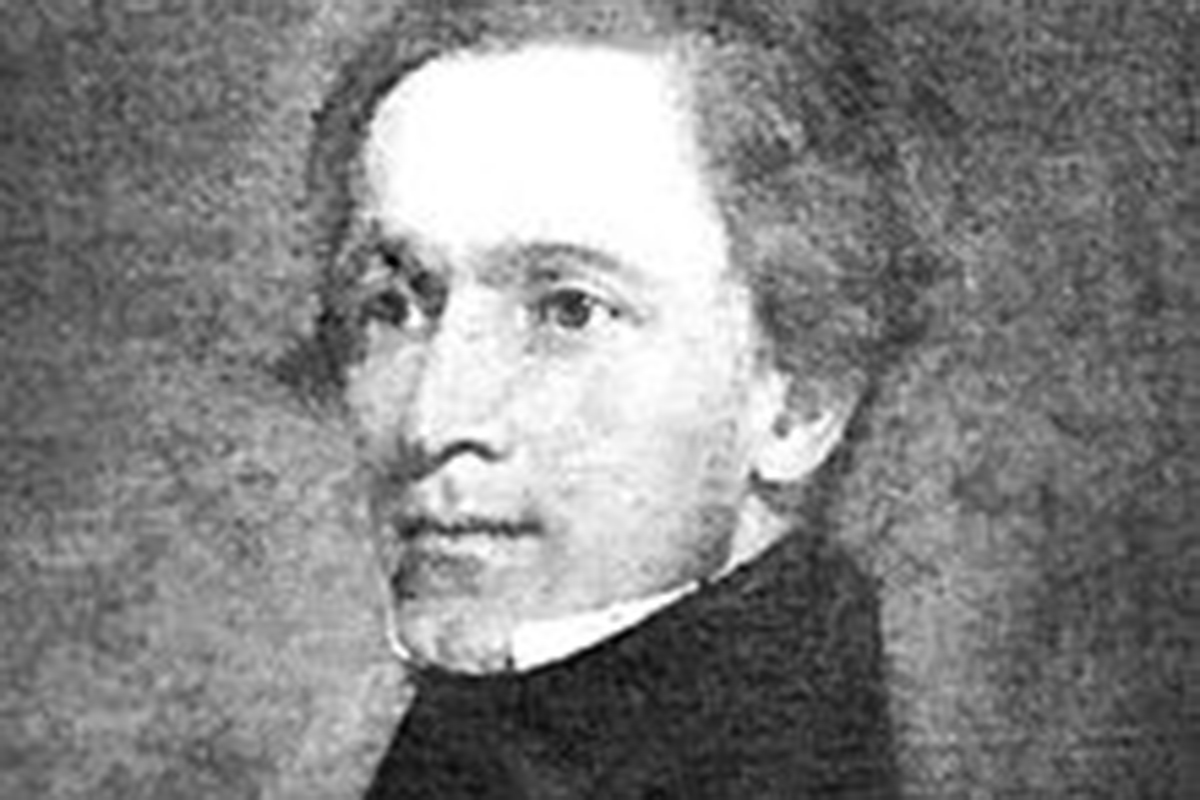About Publications Library Archives
heritagepost.org

Preserving Revolutionary & Civil War History

Preserving Revolutionary & Civil War History

Born in Leesburg, Virginia, June 13, 1809, the U.S. Army was Cooke’s life for 50 years. Graduating 23d in the West Point class of 1827, he was a veteran of frontier service and the Black Hawk and Mexican wars. He became a dragoon officer, a cavalry tactician, and an explorer in the Far West; in the late 1850s he was also a U.S. observer in the Crimean War.
When the Civil War began he was a colonel, but 12 Nov. 1861 he was commissioned a brigadier general in the Regular Army and given command of the cavalry forces in Washington, D.C. Cooke’s sole combat service followed the next spring when he took part in Maj. Gen. George B. McClellan’s Peninsula Campaign.
He led a cavalry division in front of Yorktown and in the battles at Williamsburg, Gaines’ Mill, and White Oak Swamp. The rest of his war service was administrative: he served on courts-martial until Aug. 1863, commanded the District of Baton Rouge until May 1864, then headed the Unions recruiting service until the Confederate surrender. He is remembered not so much for what he did during the Civil War but for what became of his family.
Cooke had 3 daughters and a son, John R. Cooke, who became a Confederate general. Like her father, one daughter held to the Union cause. The other 2 daughters, one of whom vas married to Confederate cavalry commander JEB Stuart, allied with the South. This political split estranged the family members for most of their lives and became the subject of national gossip.
The older soldier was brevetted major general for his war service 13 Mar. 1865, and after more administrative duty he was retired 29 Oct. 1873, a little more than half a century after he had entered West Point. In retirement he wrote books about his army life, dying in Detroit, Michigan, March 20,1895.
(“Historical Times Encyclopedia of the Civil War” edited by Patricia L. Faust, Editor)